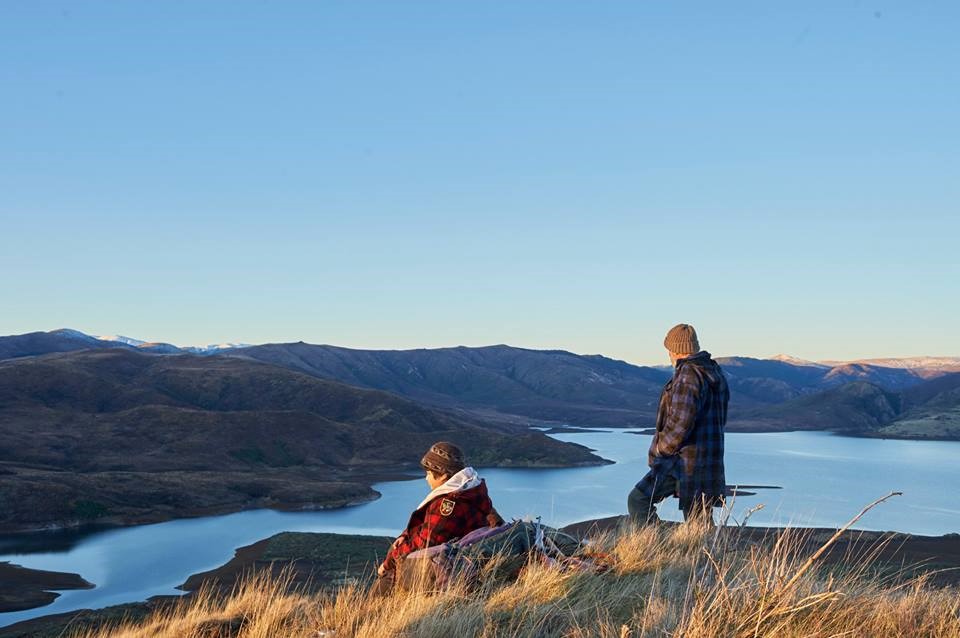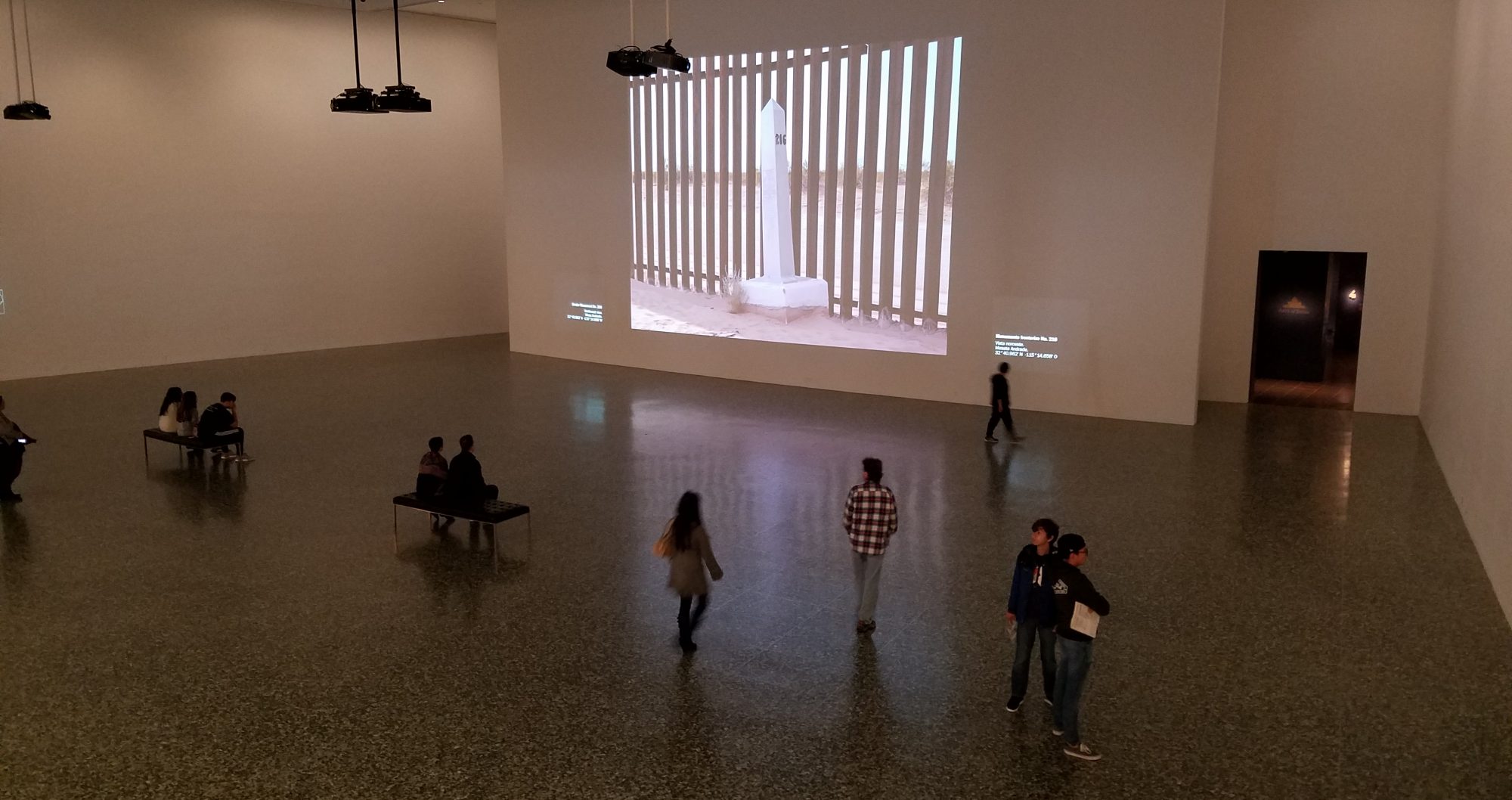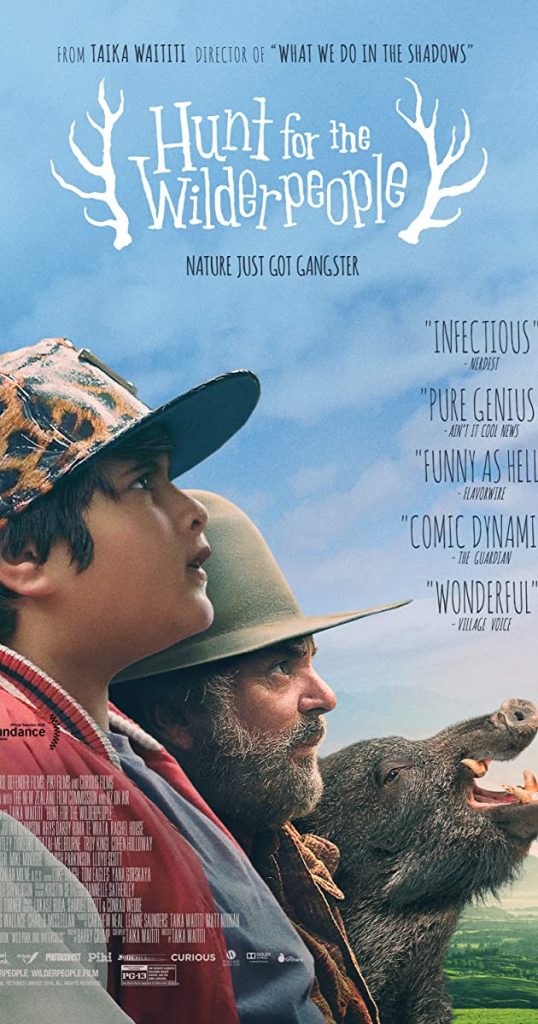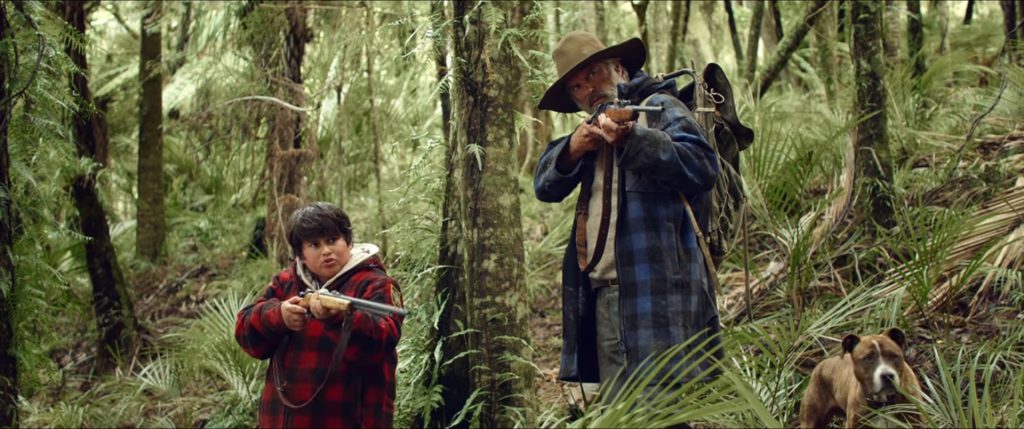Each holiday break, I create a list of movies to view. I do my best to catch up on movies that usually are found at your local art-cinema theater beyond the 30-screen mega movieplexes found throughout the suburbs. In a typical year, I do not mind traveling 30-miles into the city metro to catch a few arthouse hits. However, this is 2020.
The pandemic continues to rage throughout the nation. While at this writing, the first doses of COVID19 vaccines have left to be distributed nationwide, realistic and optimistic timeframes calculate that vaccinations are still months away for the general populace. Still, there is a significant level of doubt and distrust from a large portion of the U.S. in receiving the doses. Time will tell how well the vaccines work and how much, if at all, our “normal” sense of life will return. For me, normality during this time of the year includes my usual list of movies to view. Adapting to our times, most of this year’s movies will use the various streaming services that I now have as a result of keeping entertainment within the confines of my home. One of the curious selections on my list includes the film, “Hunt for the Wilderpeople” directed by Taika Waititi.
While not the first on my list, I watched this film this past week after a fruitless search to watch something of interest on TV. That evening, I decided to work on my list of holiday 2020 movies to watch. After writing selections, I thought about directors that I want to learn more about via their film repertoires. One director that has caught my curiosity is Taika Waititi. This director gained the attention of U.S. audiences as the director of the quirky and often hilarious installment of The Avengers series, Thor: Ragnarok. I love this movie and thought its style and script, which often is a self-parody of action flicks, was unique and refreshing in the action hero genre. His success with Thor: Ragnarok allowed this director an opportunity to create a film that made it to my “Best of the Best” film list – JoJo Rabbit. This film beautifully tells the story of a young boy enamored by Nazism, but in the end, learns to value humanity, hope, and love. Told with visually arresting cinematography, ironic dialogue, and scenes with gut wrenching sadness, JoJo Rabbit took me on one of the most unique rides in film watching. The ending…..OMG, masterful! Taika Waititi’s boldness in creating JoJo Rabbit made me curious to see where his storytelling developed. “The Hunt for the Wilderpeople” was his second full-length feature.
Based on the book, “Wild Pork and Watercress”, the film tells the story of family, human connection, and our important relationship with nature. It also takes a few stabs at celebrity and the need to be the next tabloid or social media superstar. However, Taiki Waititi knows that it would be far too simple to create a storyline connecting all of these issues in a straightforward fashion. Much like his subsequent films, he takes time to allow his characters to develop a relationship with each other and most importantly, with the viewing audience. Each character has distinct personalities and quirks that are often missed in other films. This is one of the main reasons I have become a fan of this brilliant director. This feature reminded me of this love of his work.
The movie starts with the introduction of Ricky Baker, a pudgy delinquent who has been given up by his mother and is sent to the edges of the New Zealand bush to live with his foster aunt and her husband, Hec, brilliantly acted by veteran actor Sam Neill. Ricky as we find out within the first few minutes is actually a victim of foster system. Hec, while being quite an outback loner (we first see him walking up a hill with a freshly killed wild boar on his back), is devoted to his wife and the beautiful land surrounding his remote farm. Without giving too much of the storyline, Ricky and Hec are partnered up after both reveal and experience tragedy in their stories. Deciding that all they have left are each other, Ricky and Hec run from child welfare officers into the New Zealand bush so that Ricky can escape the child foster system. Hec supports him and soon the two begin their journey of becoming family.
One of the things I loved about this film is that Taika Waititi loves his homeland, New Zealand. His pride is shown from the first frame up until the last. One might even think that this film is in a way both a tourist brochure and a love letter to New Zealand. Ricky and Hec’s outlaw journey takes place largely in the New Zealand wilderness and outback. Hence, the movie’s title, “Wilderpeople.” The term is created by Ricky after seeing a picture of wildebeests in a nature book. Learning about their migrations and searches for food and new life, Ricky equates his journey with his foster uncle as the same, thus calling themselves “wilderpeople.” Like the wildebeests who traverse the African plains, Ricky and Hec, along with their dogs (one hilariously named “Tupac”, since Ricky sees himself as a gangsta) move across the New Zealand bush over the course of several months living off the land and encountering its human and animal inhabitants along the way.
Taika Waititi is cognizant of the diversity of New Zealand. Several main characters are from Maori backgrounds, yet are not portrayed as stereotypical “natives.” They are officers, they are musicians, hunters, and ordinary people living daily life within this lush environment. They are bad characters. They are good characters. Everyone has equal footing on how the story is told about the eventual “hunt” to mainly save Ricky from the supposed harsh environment of the New Zealand bush. It is this part of the story that struck me as critical.
From watching this film, I gained an appreciation of the beauty and ruggedness of this country. Taika Waititi filmed many scenes in some of the most rugged parts of New Zealand. It is how Ricky and Hec develop their eventual family bond. Hec knows the land. Ricky soon is quite fascinated by his foster uncle’s survival skills and respect of the environment. In one scene, this is quickly mentioned and for me, a rather witty and funny moment that might have passed the casual viewer. In their first days in the bush, Ricky has an argument with Hec and complains about when and what they are going to eat for dinner. Ricky also complains to Hec that he has to go poop. In this brief exchange, Hec reminds Ricky, who is used to flushing toilets and tissue, how to do his business in the jungle. One knows that they are far away from any civilization, yet Hec sternly reminds Ricky that once he done, “cover and leave no trace.” Ricky obviously responds that why it should matter being so out in the remote wilderness? This short scene tells about the love Hec has for the New Zealand wilderness, which soon becomes how he connects to Ricky and how his love of nature builds into a relationship with his foster son. This relationship soon grows to become love, much like his love of New Zealand nature. Throughout the course of the film, we soon also see Ricky developing a deep respect of the New Zealand bush, where he learns to hunt, care for Hec, and despite wanting to escape this rough environment (in the film, he encounters several people who could help him leave Hec), he always returns back to the jungle bush. Nature becomes Ricky’s family.

As with any family, we have arguments and think about leaving, but we know that is easier said than done. Family bonds are strong and despite how crazy they drive us, we know that family is where love and support occurs and where it is strengthened. Ricky realizes this and his foster family upbringing at a young age is marked by the lack of these important family bonds, New Zealand and its diverse environment – lush hills, jungle bush, mountainous valleys, and arid plains – becomes what he has always missed in his young life, a strong bond that is aided by someone who knows this environment – his now foster father, Hec.
The final scenes do not escape the wackiness and quirkiness of Taika Waititi’s humor, but it ends with learning more about Hec and his eventual love for Ricky. Their final scene shows that Hec continues to use nature as a way to bond with Ricky. However, Ricky also knows that he has a new bond with someone beyond Hec. That bond is New Zealand itself. A masterful piece of storytelling!
I was surprised by how much I liked this film and will likely watch it again to get more details of the story and the book it is based on. Taika Waititi wrote the script for this movie and also JoJo Rabbit mentioned earlier. It is obvious that this director knows how to adapt a novel into a script full of human emotion. While he does know how to crack a hilarious joke, do not be surprised to also find yourself on the verge of tears when watching his movies. I look forward to his next movies, including directing the next Thor installment. Even in that movie, Thor was seen as somewhat human with deep emotion. That in itself is the mark of a great director! I loved this movie! New Zealand is now a place I truly want to visit.
The Hunt for the Wilderpeople can be viewed on Netflix. Dr. Ric gives it 3.5 out of 4 stars!


